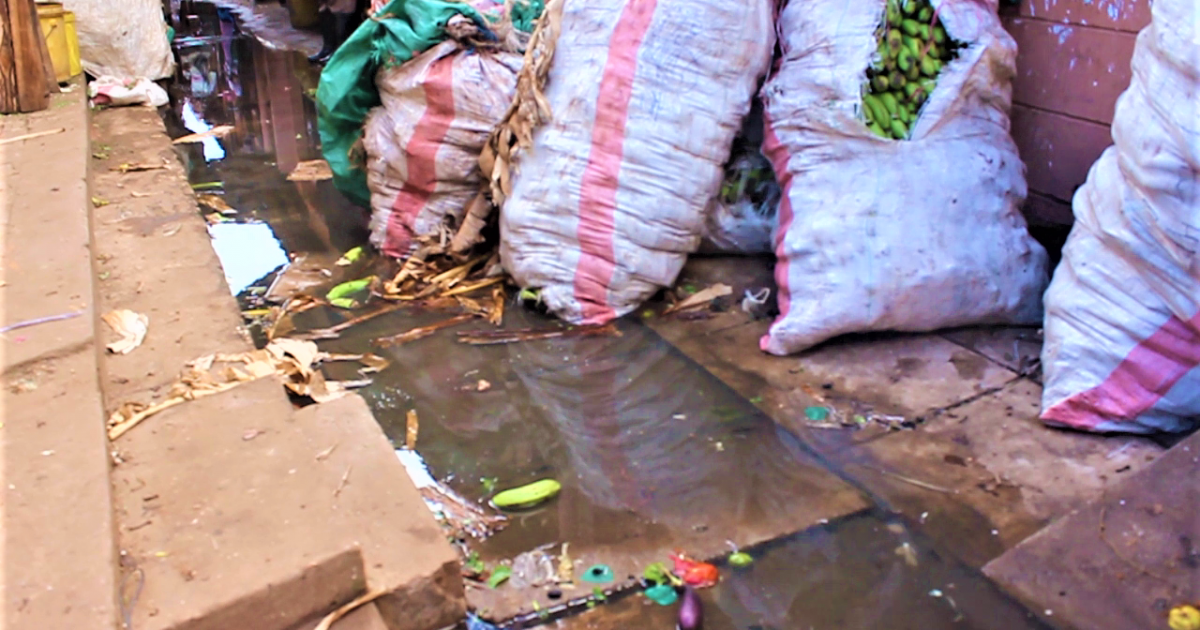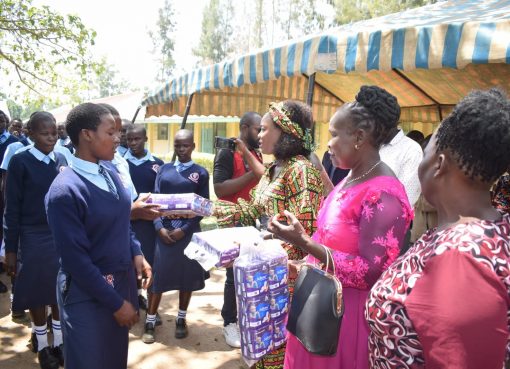The Malindi Water and Sewerage Company (MAWASCO) requires at least Sh16 billion to set up a proper sewerage system within the Malindi Municipality, Managing Director Gerald Mwambire has said.
Mwambire said the project is aimed at reducing water-borne diseases that have been a challenge in the tourist hub due to lack of proper sewage disposal.
The new system will entail building of sewerage treatment and recycling plants within clusters of buildings in residential and commercial areas as opposed to the conventional system of having a centralised sewerage system.
This is after it emerged that it is practically impossible to build a central sewerage system, not just in Malindi but in all counties bordering the Indian Ocean, due to their geographical and topographical locations.
It also emerged that Malindi municipality lacks adequate public toilets, forcing town dwellers to answer to calls of nature in the open, thus compromising hygienic standards required for health and wellbeing.
Mr Mwambire was speaking during a stakeholders’ forum on the recently launched MAWASCO Strategic Plan and the Malindi City-wide Inclusive Sanitation Plan at a Malindi hotel.
He said the company had already implemented projects worth about Sh1 billion through funding from the World Bank and other partners.
“The projects we have implemented so far with our partners amount to about Sh1 billion, but the entire design plan for Malindi will cost well above Sh16 billion for us to have a proper sewerage and drainage system in Malindi,” Mwambire told journalists after the meeting.
The Managing Director said the projects were being implemented in phases with the ultimate aim of giving the residents of Malindi dignified sanitary services and ending the culture of open defecation.
Mr Abdalla Mwasimba, a Public Health Officer within Malindi Sub County, said among the projects that were already implemented were 500 toilets in the Kibokoni area of Sabaki Ward, where he said people were using thickets to relieve themselves.
Mwasimba said it had proved difficult for authorities along Coastal towns to build proper sewerage systems due to the geographical locations of the towns, but hoped that with new technology, it will be easier to manage solid and liquid waste in the region.
He said the new plan would involve building a sewage treatment plant for clusters of ten houses, where all liquid waste matter will be directed for recycling.
“The new programme is to have containment within a radius of a catchment where we shall have one treatment plant for ten houses,” he said adding, “The system will take faecal sludge from the houses and direct it to a central place within the area where it will be treated.”
By Emmanuel Masha





